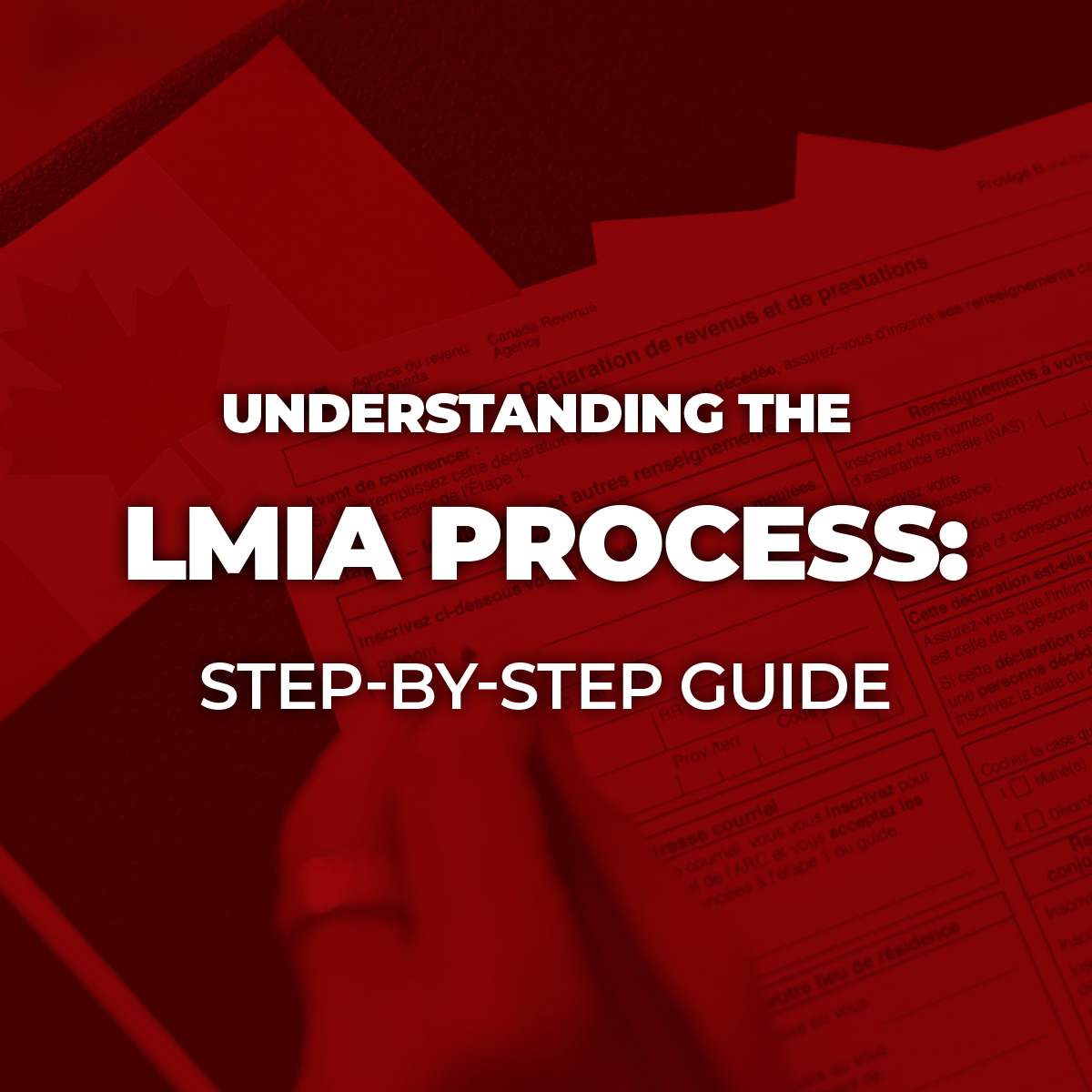For international students aspiring to gain valuable work experience while studying in Canada, obtaining a co-op work permit is a crucial step. A co-op work permit allows students to work in their field of study and provides them with practical skills and insights into the Canadian job market.
However, the application process can be complex and pose challenges for some students. In this article, we’ll explore the common hurdles international students may encounter while applying for a co-op work permit and provide practical solutions to overcome them.
1. Eligibility Criteria
The first challenge international students face is understanding the eligibility criteria for a co-op work permit. To be eligible, students must be enrolled in a Designated Learning Institution and have a mandatory co-op or internship component as part of their study program.
To be eligible for a co-op or intern work permit, ensure you meet these conditions:
- Hold a valid study permit.
- Work is a mandatory part of your Canadian study program.
- Obtain a school letter stating work placements are necessary for all students in your program.
- The co-op or internship is less than 50% of your study program.
Meeting these requirements can be confusing especially when trying to navigate through the various regulations and policies.
Solution: To overcome this challenge, students should thoroughly research the designated learning institutions in Canada and ensure that their program explicitly includes a mandatory work component.
Seeking guidance from their educational institution’s international student office or an immigration consultant can also help clarify eligibility criteria and ensure all necessary documents are in order.
2. Timely Application Submission
The co-op work permit application process demands timely submission to avoid any delays in work authorization. Many students may overlook this aspect or miscalculate the processing time. It may lead to unnecessary stress and potential disruptions to their co-op work plans.
Solution: Start the application process early. As soon as the educational institution confirms the co-op or internship component, students should begin gathering the required documents and fill out the application forms diligently.
It is essential to take note of the processing times and submit the application well in advance to avoid any last-minute complications. It’s always best to work with licensed immigration consultants in Canada to ensure your application doesn’t contain any inaccurate information or missing crucial information.
To be eligible for a co-op or intern work permit, ensure you meet these conditions:
- Hold a valid study permit.
- Work is a mandatory part of your Canadian study program.
- Obtain a school letter stating work placements are necessary for all students in your program.
- The co-op or internship is less than 50% of your study program.
Meeting these requirements can be confusing especially when trying to navigate through the various regulations and policies.
Solution: To overcome this challenge, students should thoroughly research the designated learning institutions in Canada and ensure that their program explicitly includes a mandatory work component. Seeking guidance from their educational institution’s international student office or an immigration consultant can also help clarify eligibility criteria and ensure all necessary documents are in order.
3. Proof of Finances
The requirement to demonstrate sufficient funds for the co-op work permit application poses a significant challenge for many international students. Immigration authorities are keen on ensuring that students can comfortably support themselves financially throughout their stay in the country.
This concern arises from the understanding that living expenses in Canada can be relatively high especially in major cities and students must be equipped to manage these costs independently.
Applicants are typically asked to provide evidence of their financial capacity which may include bank statements, scholarship letters, proof of funding from a sponsor, or a combination of these documents. The challenge arises when students do not have a stable source of income or substantial savings to demonstrate their ability to cover living expenses.
Solution: Students must be prepared to provide bank statements or other financial documents showing they have the necessary funds. This can include personal savings, scholarships, or financial support from parents or guardians. Clear and comprehensive documentation is vital to prove financial capacity.
4. Biometrics and Medical Examinations
In some cases, students may be required to provide biometrics or undergo medical examinations as part of their co-op work permit application. This can add extra steps and time to the process. It may cause delays if not adequately planned for.
Solution: Students should check the specific requirements for their country of residence and plan accordingly. Booking biometric appointments and medical exams well in advance will help prevent delays in the application process.
5. Co-op Work Permit Validity
Co-op work permits are usually issued for the duration of the co-op or internship component in the study program. If the co-op period is shorter than the student’s study program, this could lead to challenges in maintaining legal work status after the co-op ends. Once the co-op or internship comes to an end, even if your co-op work permit is still valid, you are no longer permitted to use it.
Solution: Students should carefully review the dates of their co-op work permit and ensure that it aligns with the co-op or internship component specified by their educational institution.
If the co-op work permit duration does not cover the entire co-op period, students may need to apply for a work permit extension to continue working legally after the co-op ends.
6. Staying Informed about Policy Changes
Immigration policies and regulations are subject to change, which can impact the co-op work permit application process. Keeping track of policy updates and changes can be challenging and students may not be aware of the most current information.
Solution: Students should regularly check the official Canadian government immigration website for updates and policy changes. Staying informed and seeking advice from their educational institution’s international student office or immigration consultants will help them navigate any changes in the application process.
While obtaining a co-op work permit may present some challenges for international students, careful planning, thorough research, and adherence to the eligibility criteria can help overcome these hurdles.
Seeking guidance from your consultants and staying informed about immigration policies are essential steps for a smooth and successful co-op work permit application.
With determination and preparation, international students can seize the opportunity to gain invaluable work experience in Canada and take significant strides toward their future career goals.
With a comprehensive understanding of immigration regulations and dedication to assisting students, JET IMMIGRATION stands out as a trusted ally.
Whether it’s addressing financial requirements, compiling necessary documentation, or ensuring compliance with the latest policies, our team is committed to streamlining the co-op work permit journey for each applicant. Contact us today for the best advice and guidance.



